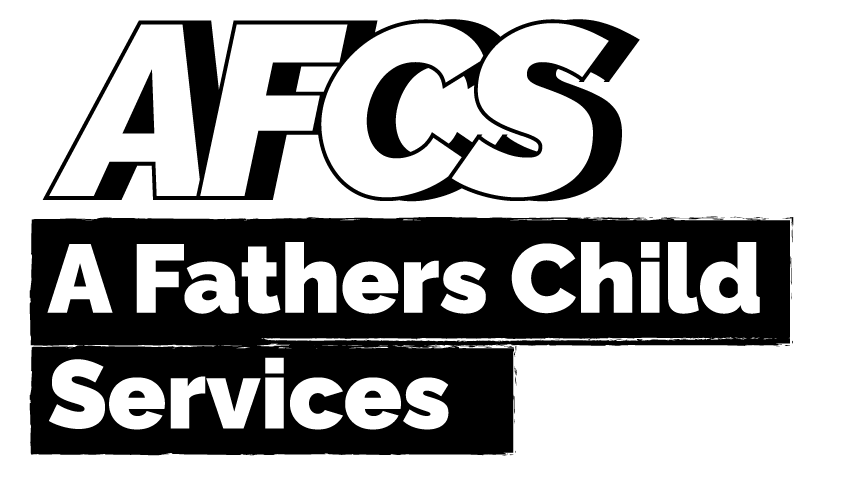
Youth Mental Health First Aid (MHFA®) courses are for everyone who works with, lives with or supports young people aged 8-18. They will teach you the skills and confidence to spot the signs of mental health issues in a young person, offer first aid and guide them towards the support they need. In doing so, you can speed up a young person’s recovery and stop a mental health issue from getting worse.
Our courses won’t teach you to be a therapist, but we will teach you to listen, reassure and respond, even in a crisis – and even potentially stop a crisis from happening.
But more than that, we aim to give you the information and skills to look after your own mental health so that you can set an example for young people. By giving you the tools to have these conversations, we hope to empower you to create a mentally healthy, supportive environment in your family, school, peer group or community.
This online course trains you as a Youth Mental Health First Aider (MHFAider®), giving you:
- An in-depth understanding of young people’s mental health and factors that affect wellbeing
- Practical skills to spot the triggers and signs of mental health issues
- Confidence to reassure and support a young person in distress
- Enhanced interpersonal skills such as non-judgemental listening
- Knowledge to help a young person recover their health by guiding them to further support – whether that’s through self-help sites, their place of learning, the NHS, or a mix – engaging with parents, carers and external agencies where appropriate
- Ability to support a young person with a long-term mental health issue or disability to thrive
- Tools to look after your own mental wellbeing
Session 1: Introduction
Individual learning (1 hour 15 minutes):
- Introduction to the Online Youth Mental Health First Aid course and the Online Learning Hub
- Activity 1: Why Youth Mental Health First Aid?
- Activity 2: What is ALGEE?
- Activity 3: What is mental health?
- Activity 4: Mental health and stigma
- Activity 5: Mental health quiz: Impact of mental health
- Activity 6: Risk and protective factors for mental health
- Activity 7: The Stress Container
Live session (2 hours 35 minutes):
Introduction to the course
- Outline of live session 1, the value of Youth Mental Health First Aid
- Introduce ALGEE
- Recap what mental health is
- Recap the Mental Health Continuum
- Stigma
- Recap why Youth Mental Health First Aid is important
- Recap risk and protective factors
- The Stress Container
- The Frame of Reference Session 2:
Session 2: depression, Anxiety and self-care
- Individual learning (1 hour 15 minutes):
- Activity 8: Your Stress Container
- Activity 9: Your Frame of Reference
- Activity 10: What is depression?
- Activity 11: What is anxiety?
Live session (2 hours 10 minutes):
- Introduction to live session 2
- Recap of homework after live session 1
- Recap depression
- Signs and symptoms of depression in a young person
- Recap anxiety
- Signs and symptoms of anxiety in a young person
- ALGEE for depression and anxiety in a young person
- ALGEE for depression and anxiety, action 1
- ALGEE for depression and anxiety, action 2-5
- Self-care and close
Session 3: Suicide and Psychosis
Individual learning (1 hour 20 minutes)
- Activity 12: Adolescent brain development
- Activity 13: About suicide
- Activity 14: Suicide risk factors
- Activity 15: What is psychosis?
- Activity 16: Lived experience of psychosis
- Activity 17: ALGEE for psychosis
Live session (2 hours 5 minutes)
- Introduction to live session 3
- Recap suicide
- Explore the impact of suicidal feelings
- ALGEE for suicidal crisis
- Practice non-judgemental listening skills
- Recap psychosis
- Recap warning signs and symptoms of psychosis
- Recap ALGEE for psychosis
Session 4: Self-harm, recovery and action planning
- Individual learning (1 hour 35 minutes)
- Activity 18: What is self-harm?
- Activity 19: What are eating disorders?
- Activity 20: Resilience
- Workbook activity 7: My action plan for using Youth Mental Health First Aid (completed after live session)
Live session (2 hours 25 minutes)
- Introduction to live session 4
- Recap self-harm, the self-harm continuum
- Warning signs of self-harm in young people
- ALGEE for self-harm
- Recap eating disorders
- ALGEE for eating disorders
- Applying MHFA to family and carers; the Recovery Tree
- Evaluation forms and close
